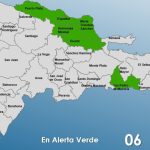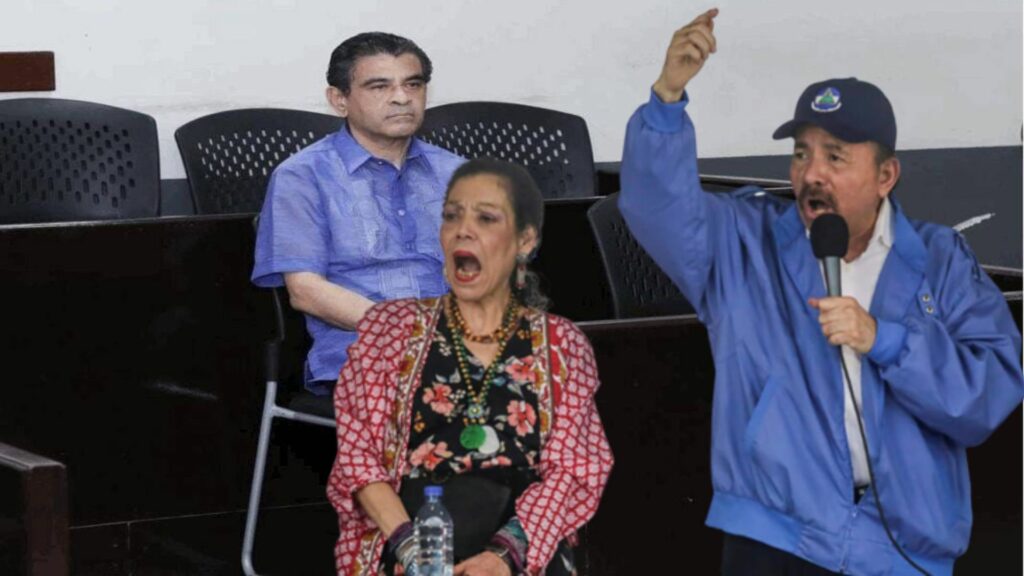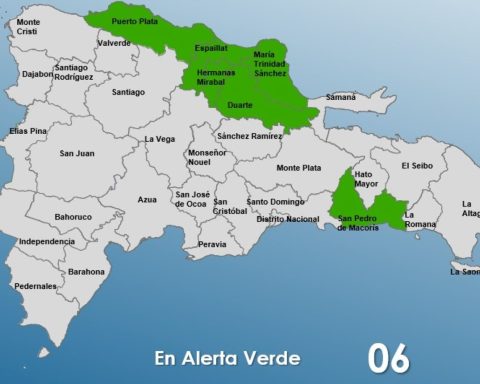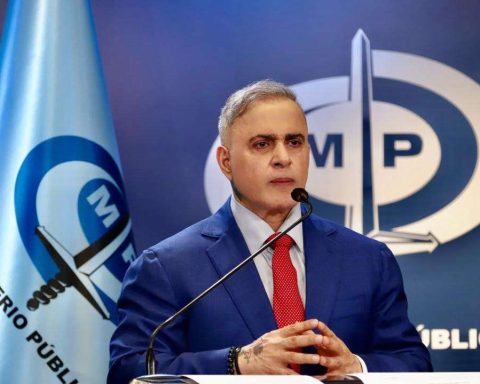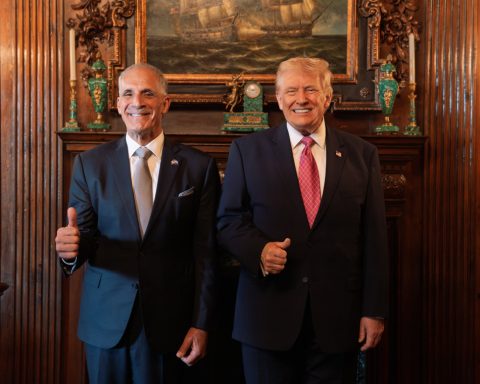So the University turned the case over to the SEP, an institution that must now resolve whether to issue a sanction.
President Andrés Manuel López Obrador said in his morning conference that UNAM “washed its hands” and that the SEP would follow up on the case. Until now, the educational agency has not ruled on the matter.
For Juan Jesús Garza Onofre, a researcher at UNAM’s Legal Research Institute, this situation draws an unprecedented panorama in the Court, which as a rule requires its members to have a good reputation and to have a professional degree in Law.
It also put the University in a difficult situation because, although the UNAM legislation mentions that, in the event of fraudulently obtaining a university degree, the sanction would include up to the revocation of the title, the legal path is not entirely clear for the former students who left the university years ago.
“We are facing a difficult case, a case that occurred 30 years ago. We would have to refer to the legislation of that time. The truth is that, among so much university legislation, there are aspects that are not fully regulated and, although it sounds strange, literally there is no path, there is no process, there is no formula,” he explained in an interview.
Although there is no specific rule detailing how to address and penalize plagiarism in theses submitted to obtain a university degree, some SEP regulations could be interpreted and chart a path.






